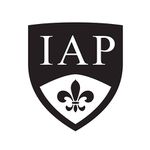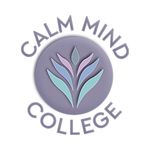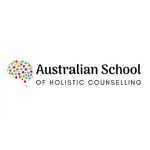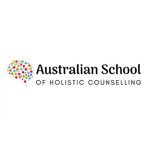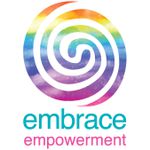What is counselling?
Counselling is a type of talk therapy that focuses on providing emotional support to individuals. It assists them in discovering their innate tools and resources to assist them in controlling and overcoming the life challenges they are currently facing. Professionally qualified counsellors provide a positive and non-judgemental environment in which clients can express their emotional issues in order to get to the heart of the problem and receive guidance to resolve them.
Attending a counselling session will help people who are dealing with mental health issues, relationship issues, bereavement, anger management issues, low self-esteem, bullying, and a variety of other issues that are impeding their progress in life.
Counsellors in Canberra are eligible to join the following professional associations:
- Australian Counselling Association (ACA)
- Australian Holistic Healers and Counsellors Association (AHHCA)
- Psychotherapy and Counselling Federation of Australia (PACFA)
- International Institute for Complementary Therapists (IICT)

Should you study counselling?
Anyone who wishes to assist others in overcoming their most difficult life issues should consider taking a course in counselling. The following traits are necessary for success as a counsellor:
- Empathetic and a people person who exudes warmth to encourage clients to feel comfortable sharing their worries.
- Good listening skills to better understand the needs and perspectives of a client.
- Clear verbal communication skills will enable you to express an idea clearly and provide a vivid picture in a client's mind.
- Patience and compassion will earn you your client's complete trust.
If this list matches your values and interests, continue reading to learn more about Canberra's course and study options.
What are the course and study options for counselling in Canberra?
For students interested in pursuing a career in counselling, there are numerous course options available. Counselling schools offer both part-time and full-time study options, allowing you to accommodate your learning pace and busy schedule. Moreover, there are course providers who provide online counselling courses or blended learning options in addition to on-campus learning.
A one-year diploma qualification is required to obtain professional accreditation in counselling. Its goal is to facilitate your client's personal transformation through self-awareness and the discovery of hidden talents and skills.
Completing a formally accredited course, such as a bachelor's degree in counselling, will allow you to join the peak bodies for counsellors in Australia, as well as open the door to a plethora of opportunities.
A list of counselling schools and courses in your area can be found at the top of this page. You can learn more about their curriculum, delivery options and tuition fees by contacting them directly.
What happens after you complete your counselling course?
Earning a diploma or degree in counselling allows you to work in a range of professional work settings, including schools, holistic clinics, hospitals, community health centres, rehabilitation centres, aged care facilities, mental health institutions and refugee centres, among others.
You could also set up your own private practice. This would allow you to manage your business and clients however you see fit. Natural Therapy Pages will be there to help you find new clients. All you have to do is list your practice and services on the practitioner listing page, whether they are delivered in-person or online.
Finally, it is highly recommended that you pursue continuing professional education geared towards your interests in order to broaden your skills and knowledge, such as:
